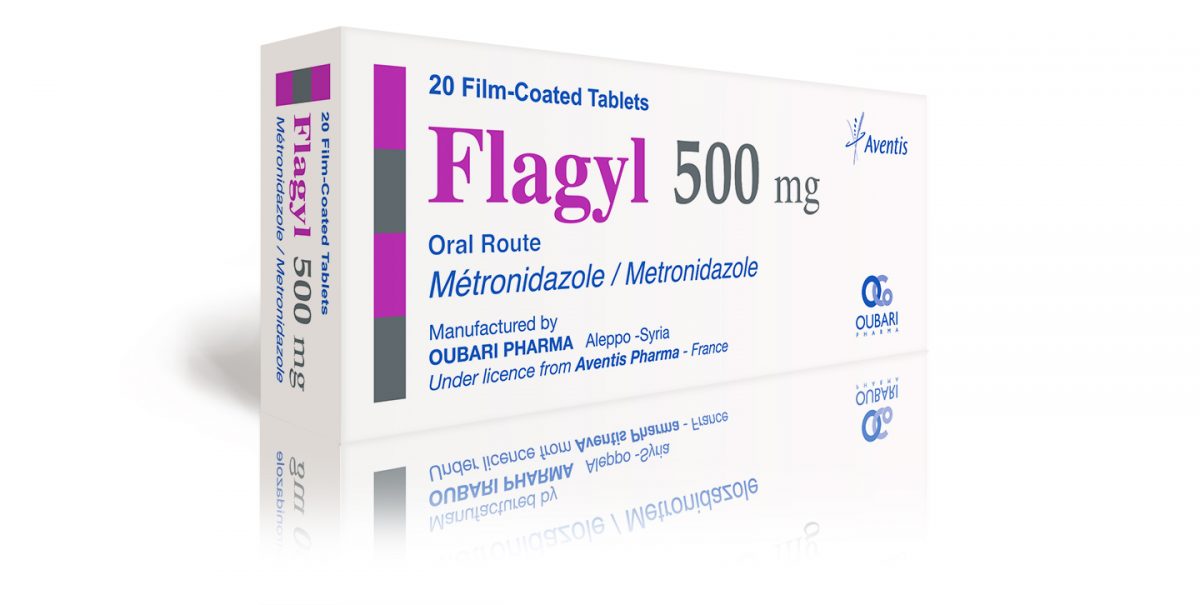Dementia is a leading cause of morbidity and death in the UK. Diagnostic criteria exist for the different aetiologies and subtypes. Alzheimer’s disease is the most common type and there is evidence of benefit from acetylcholinesterase inhibitors for some people living with Alzheimer’s disease. Care for people living with dementia in hospital and in the community needs improvement. Non-pharmacological means of managing distress people living with dementia should be prioritized over the use of antipsychotic and sedative medications, and greater focus on symptom management towards the end of life is required.
Category: Meds news
Delirium in older adults
Delirium is a serious and common syndrome characterized by acute deterioration of mental status. Patients show attentional deficits and commonly also altered levels of arousal and psychotic features. Detection can be assisted through use of validated tools such as the 4AT. Delirium is associated with multiple adverse outcomes including patient and carer distress, increased length of hospital stay, risk of future dementia, new institutionalization and death. Old age, dementia and frailty are the main predisposing factors, but there are a number of modifiable risk factors that are important within hospital environments.
How to Avoid a Surprise Bill for Your Coronavirus Test
Get tested at a public facility. Question what services are being provided. And know your rights under federal law.
When It Comes to Living With Uncertainty, Michael J. Fox Is a Pro
In his fourth memoir, “No Time Like the Future,” the actor and activist opens up about his newfound, uniquely upbeat brand of pessimism.
When Medicare Choices Get ‘Pretty Crazy,’ Many Seniors Avert Their Eyes
A new study shows that more than half of enrollees don’t review or compare their coverage options annually.
Teacher quality scores change depending on students, school
School districts across the U.S. are increasingly using student test scores to rate the effectiveness of teachers, but a new study found that the scores have less to do with individual teachers and more to do with their students and the schools.
Once-discounted binding mechanism may be key to targeting viruses
Researchers detail subtle stabilizing effects in cells’ ability to recognize coronaviruses that compromise the immune system. The discovery could lead to new targets to prevent disease.
Novel insights on cellular suicide could provide new avenues for cancer therapies
When it comes to complex life — that of the multicellular variety — cell death can be just as important as survival. It allows organisms to clean house and prevent the proliferation of damaged cells that could compromise tissue function.
Chemists discover the structure of a key coronavirus protein
Chemists have determined the molecular structure of a protein found in the SARS-CoV-2 virus. This protein forms a cation-selective channel and plays a key role in the virus’s ability to replicate itself. If researchers could devise ways to block this channel, they may be able to reduce the pathogenicity of the virus and interfere with viral replication.
Exercise classes can reduce loneliness, social isolation in seniors
Seniors who joined group exercise classes experienced decreased loneliness and social isolation, according to a new study conducted before the COVID-19 pandemic. The classes have continued virtually since March, and early results suggest the online versions are also effective.

